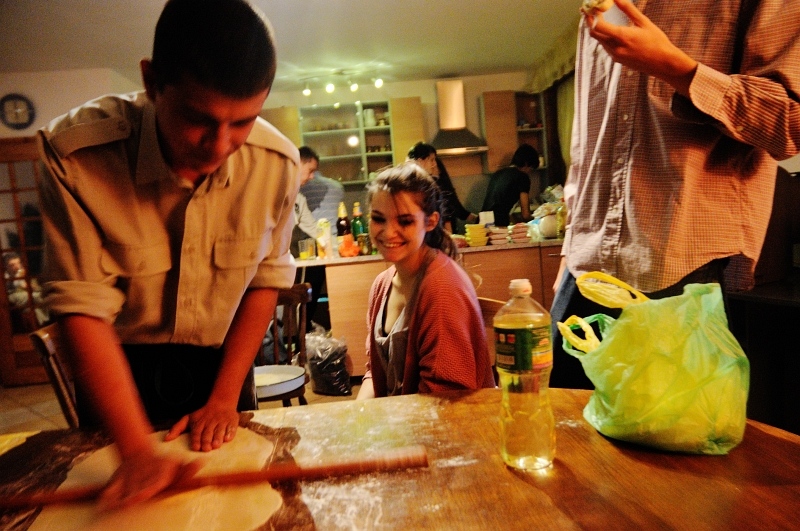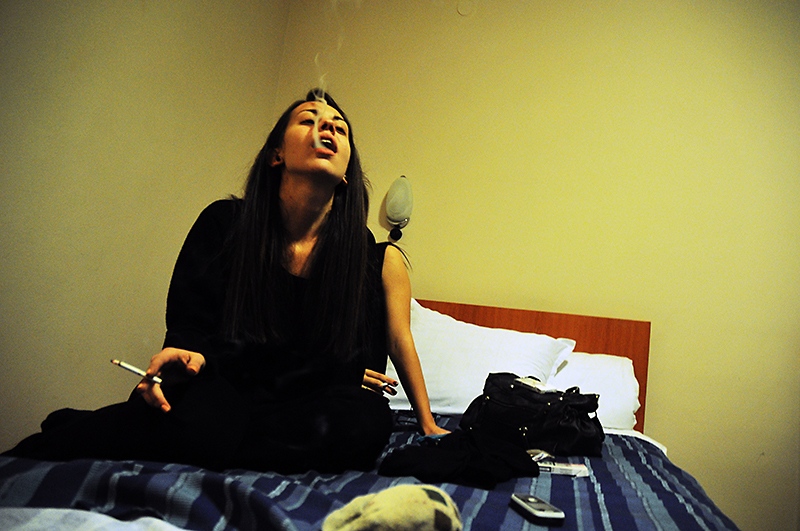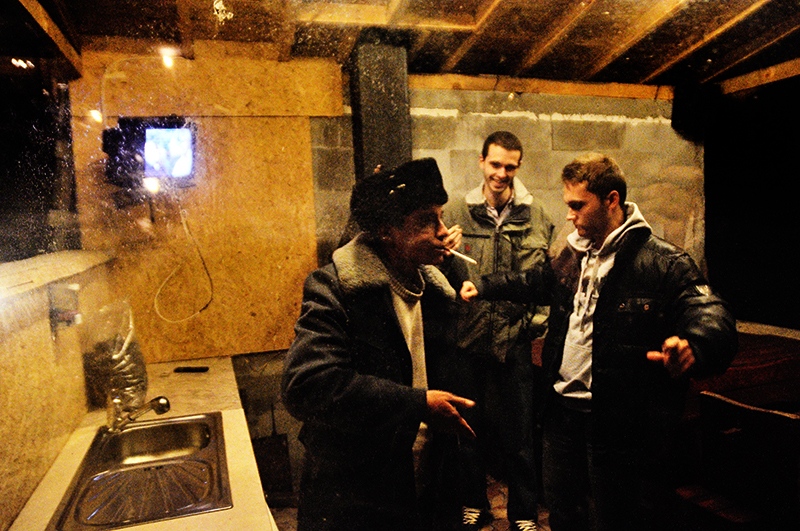In Bulgaria December 8th usually evokes associations with "big party", hence "big orgy". It is the Student's Day "“ a holiday when students gather together and celebrate. Student's Day, just like the proms in May, is often exploited by the media which mainly represent the students mainly as drunks, hooligans, quarrel lovers, etc. It is true that every morning after December 8th there are some students in the hospitals with alcohol poisoning, fight injuries and even casualties after car accidents, but actually the number of party sufferers in the whole country for the last years is less than the ordinary Friday night's rate in some European cities.
The media exaggerate the few incidents during the feast, make frivolous generalizations and propagate stereotypes to the society.
For three consecutive years the author spent the Student's Day celebrations with students that in some way fall outside the media cliché. Having fun without a need of gallons of alcohol and a variety of drugs, fights and orgies, not waking up in a hospital bed. These are Journalism students at the Sofia University. Their professional mission is to fight the stereotypes previously established by their older colleagues, to be objective and to search for truth(s).
So, will they, being aware of the author's presence, act unnaturally in order to put nuances to reality, either positively or negatively? Is there such thing as objectivity when you want to represent a group event, a group of individualists? And are the journalism methods of direct observation and integration in the situation perfect when there is a risk of missing crucial details while being too close to the object of your work?
So close that the observer of the object falls in the scope of the object"¦
The work raises another important question for journalism "“ can you tell a story from a new perspective without going through the banal method of showing just the "other side" and intentionally excluding the details that are present, but not supportive of your concept. Because journalism should be the opposite of propaganda.
Denislav Stoychev
Photographer
December 8th
Public Project
December 8th
1,167
































